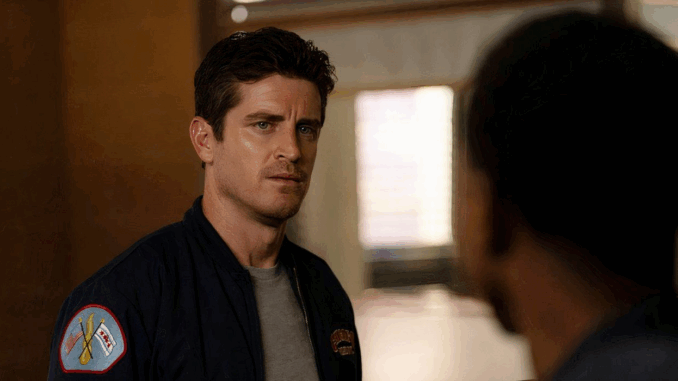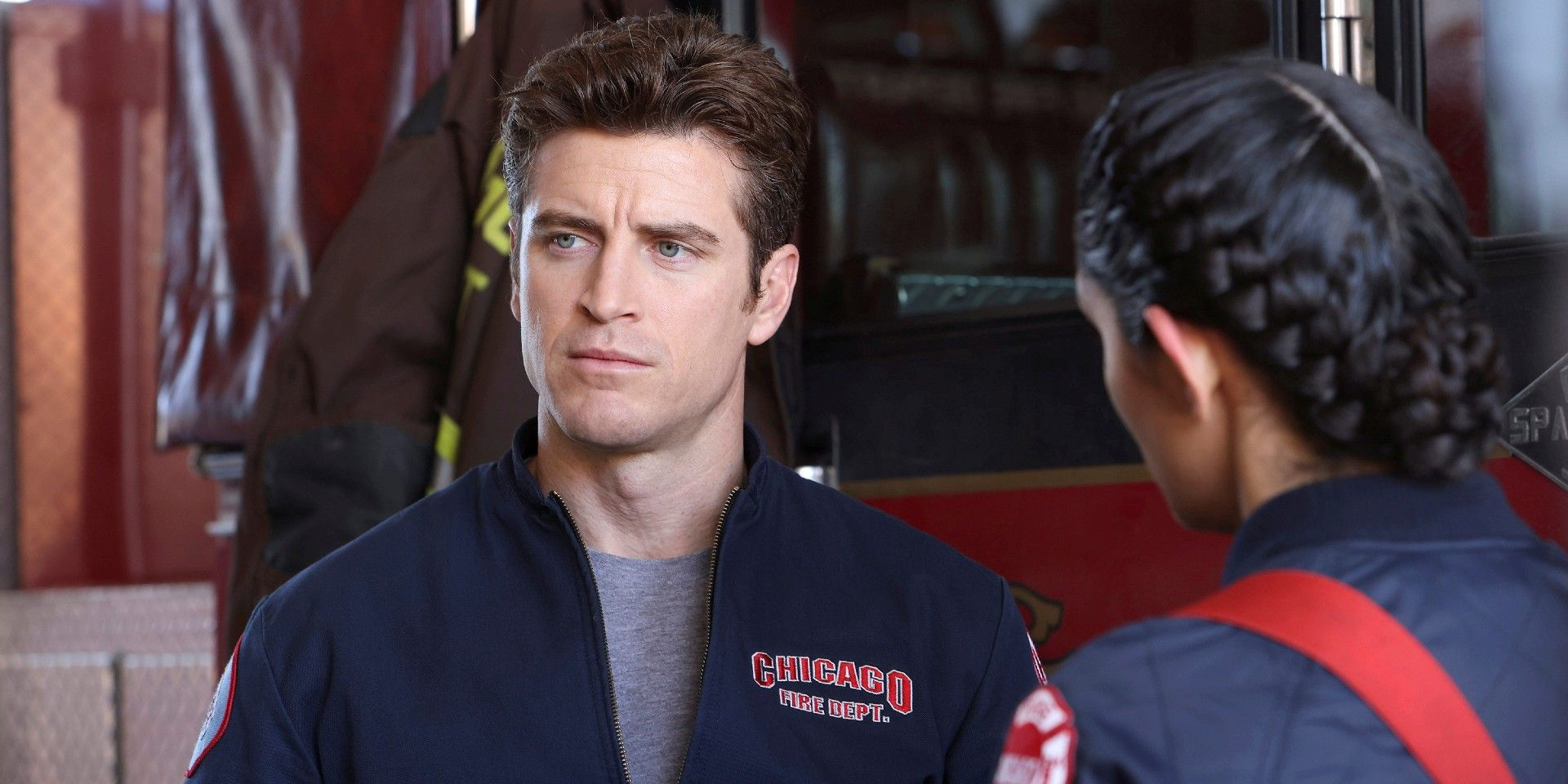
The Departures No One Was Ready For
While Chicago Fire has weathered the loss of many fan-favorite characters over its 13 seasons, the upcoming exits of Sam Carver and Darren Ritter hit differently. These aren’t just two more names on a call sheet—they’re pillars of what makes Firehouse 51 feel like a living, breathing place. And their exits threaten to create emotional and tonal gaps that may not be easily filled.
Ritter brings heart and quiet strength. Carver adds emotional depth and unpredictability. Their recent storylines gave fans hope that both characters were being set up for long-term growth. But now, knowing they only have three episodes left, fans are left wondering: why build them up just to break us down?
A Shift in Tone and Balance

Carver and Ritter represent two very different but equally important sides of the show. Carver is intense, sometimes volatile, a character who brings tension and grit. Ritter, in contrast, is dependable, compassionate, and often the soul of a scene. Their absence risks upsetting the delicate balance Chicago Fire has always maintained between high-stakes action and genuine emotional grounding.
Without them, the show leans more heavily on its remaining cast—many of whom are already stretched thin due to episode absences or evolving arcs. Who becomes the new emotional compass of Firehouse 51? Who steps into the messy, complicated romance role Carver held? Who carries Ritter’s gentle humanity?
A Warning for the Future
Their exits also reflect a troubling trend in network television: storylines sacrificed for budgets. When finances determine creative decisions, fans suffer. And in this case, so do the characters—given mere minutes to close out arcs that deserved seasons.
If Chicago Fire wants to maintain the loyalty of its longtime viewers, it must treat exits not as afterthoughts, but as pivotal moments. Fans don’t just invest in fires and rescues—they invest in people. People like Carver and Ritter.
Whatever happens in these last three episodes, one thing is clear: it’s not just about saying goodbye. It’s about whether Chicago Fire still honors the emotional connections that made us care in the first place.